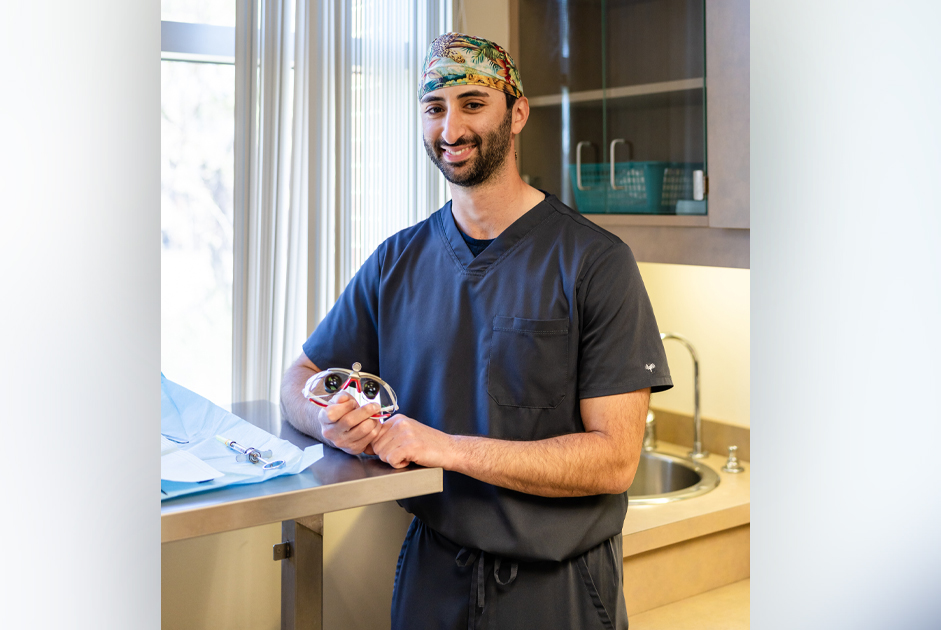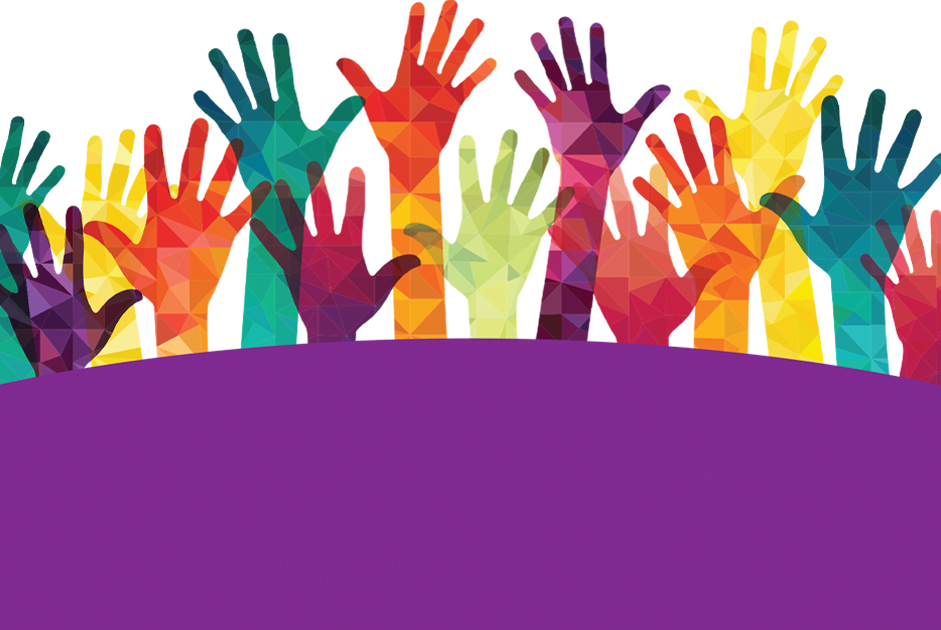On my first day in North Carolina, I went to Harris Teeter and grabbed a dozen eggs to purchase. As I removed them from the refrigerated case, I tripped on a rug by its border and fell forward, unable to catch the 12 perfect white globes which promptly hit the floor and broke. People around me howled with laughter and one lady said “Bless your heart!” In a moment, I was laughing, too, because how could I not see the humor in the situation as store clerks ran over and yelled “you’re fine” when I really wasn’t? I learned at that moment to take the high road of laughter, realizing in a moment of supreme embarrassment that “laughter is the best medicine.” That statement is sometimes attributed to American humorist Bennett Cerf, although it has been argued that its origins are earlier with the phrase actually deriving from Proverbs 17:22 in the Old Testament.
The reality is that laughter is good for all of us in numerous ways. Its short-term benefits, according to commentators on the Mayo Clinic website are that it “enhances your intake of oxygen-rich air, stimulates your heart, lungs and muscles and increases the endorphins that are released by your brain.” (“Healthy Lifestyle: Stress Management, 9/22/2023). Laughter can improve your cardiovascular health, lower levels of cortisol (the stress hormone) and thereby contribute to overall relaxation and well being. The long term effects of laughter include improving your immune system and producing psychological benefits; whereby positive thoughts spurred on by that response can actually release neuropeptides which help fight stress and potentially the future advent of serious illnesses. In her article “The Laughter Prescription” (6/23/2016) on the National Library of Medicine website, Dr. Karolina Brook reinforces the Mayo Clinics’ position that laughter indeed has quantifiable positive physiologic benefits.
In western medicine, however, laughter, while studied for many years, was not generally perceived to have any particular healing effect until 1979, when Norman Cousins published his book “Anatomy of an Illness.” In it, he described laughter as creating an analgesic effect for pain caused by his own medical condition of ankylosing spondylitis. According to him, 10 minutes of laughter resulted in two hours of pain-free sleep. Fortunately, since that time, interest and laughter as a potential therapeutic option has grown, both in popular culture and scientific research.
Then, too, are the clear social benefits of laughter. It makes you feel good and, since it is a rather contagious phenomenon, it makes others feel good as well. As a mood enhancer, it attracts people to us, contributes to the betterment of effective teamwork and helps defuse conflict. It seems to lift everyone’s mood. Much has been written about laughter’s role as a bonding mechanism in society in that it serves to underwrite the commonality of our shared and often challenging human condition. In my own life, I have found that laughter lessens not only stress, but depression and anxiety, as well; and has the effect of making me happier and more optimistic and better able to cope with difficult situations, disappointments and loss.
Forward-thinking doctors in the UK are actually offering laughter yoga, a combination of breathing exercises and deliberate laughter in an effort to improve their patients’ well being. Classes in our country are popping up as therapists, and physicians realize that laughing can really benefit your health. Particularly at a time when the world seems embroiled in endless division, wars, struggling with climate change and fighting on numerous fronts where inflation, poverty and crime are growing exponentially, it becomes all the more important to vigorously pursue a regimen of self care. As a single parent with a special needs child, I confess to feeling overwhelmed every day with the responsibilities of parenthood and advocating fiercely for my boy. I see great wisdom in shifting the focus to a life which is gentler, kinder, less harsh and more habitable. I now make humor a priority, focusing on finding laughable moments in my life. One of my mentors said to me – make it a habit to laugh – don’t go a day without laughing. Make a conscious effort to find something which amuses you.
Part of my laughter-inspiring repertoire presently includes watching funny movies (“Throw Momma From The Train” and “Meet The Fockers”), comedy videos and listening to comedian podcasts. I have posted sayings about laughter around my home which I read daily. I like to think of Mark Twain’s quote “The human race has one really effective weapon, and that is laughter.” Furthermore, it is fun, free and easy to use with no known side effects. My son, his heart and soul clearly, fully engaged, is laughing right now while watching a funny cat video. I join in because it feels so gosh-darn good to laugh.



















